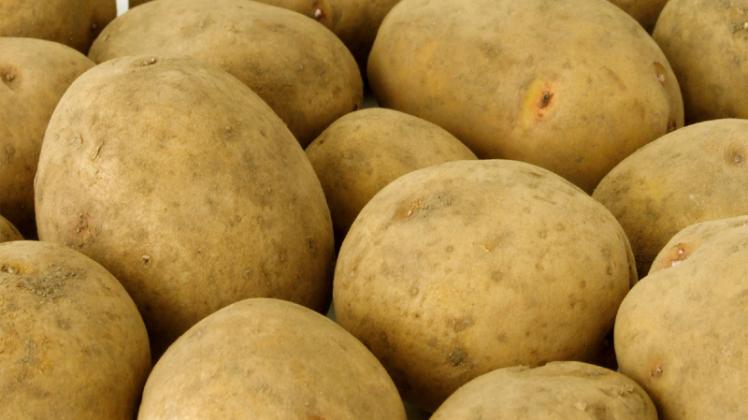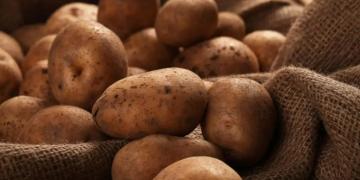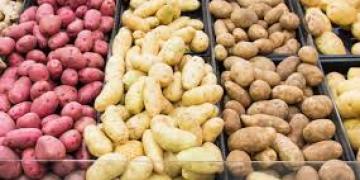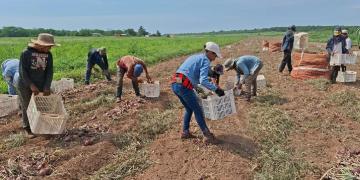Canadá: Genetically Engineered Potato Approved For Sale In Canada
Health Canada and the Canadian Food Inspection Agency have approved a genetically engineered potato for sale, said a U.S. based company. The non-browning spuds could be in Canadian supermarkets by Thanksgiving.

J.R. Simplot Company was notified by both agencies in letters dated March 18, 2016 that it could sell its potatoes to consumers or for livestock consumption. Supposedly, the potatoes are less likely to bruise or turn brown when cut.
Simplot, based in Boise, Idaho, says the Innate potato has the same nutritional composition of regular potatoes plus reduced asparagine. Asparagine is found in many starchy foods and produces acrylamide, suspected to be a human carcinogen. Potatoes naturally produce the chemical when they’re cooked at high temperatures above 120 C (250 F).
High levels of acrylamide have been found in French fries, potato chips, cookies, coffee, processed cereals, and bread, the Canadian Cancer Society said on its website. Health Canada is studying the levels of acrylamide in the food we eat.
“Our potato cuts acrylamide up to 62 per cent and a future generation will take it up to 90 per cent, making it virtually negligible, which is a really big deal in the potato world,” says Doug Cole, director of marketing and communications for Simplot.
The company says it uses biotechnology to remove the browning and bruising traits from a typical potato but does not use foreign genes.
“Consumers throw away about 30 per cent of their potatoes either due to bruising or sprouting, so we’ve solved the bruising problem,” says Cole. “When people cut into an ugly black spot they generally think the potato is spoiled and they discard it.”
The potatoes will not have a label indicating that they are genetically engineered, as that is not a Health Canada requirement, provided they have been deemed safe for consumption. But in the U.S., the Innate packaging includes a website and QR code for consumers to seek more information.
The U.S. Department of Agriculture cleared the first generation of the Innate potato in 2014, with the Food and Drug Administration following about a year ago. The Innate potato has been sold in the U.S. since May 2015 under the White Russet brand and is available in supermarkets and for food service.
Kevin MacIsaac, general manager of United Potato Growers of Canada, believes there will be commercial interest in the Innate potatoes. Typically, when peeling potatoes in advance of cooking, they have to be covered with cold water along with lemon juice or vinegar to avoid browning.
“That was always the drawback in restaurants and vendor shops. You had to cut or peel the potato right before you needed it or it would turn brown. I think that’s the real attraction,” says MacIsaac, whose organization represents 97 per cent of the potato acreage in this country.
MacIsaac, who grew 600 acres of potatoes for 27 years on the family farm, says he tasted Innate mashed potatoes earlier this year at a grower’s meeting and pronounced them as being “quite nice” and similar to conventional potatoes.
A second generation of the potato will be resistant to blight, cutting down on the need to apply pesticides in fields to prevent the disease, the company says. It has been approved by the USDA and FDA in the U.S. and is awaiting Environmental Protection Agency approval. Simplot will submit the Gen 2 potato for Canadian review in the next few months, Cole said.
Fuente: http://www.legalreader.com/genetically-engineered-potato-approved-for-sale-in-canada/




